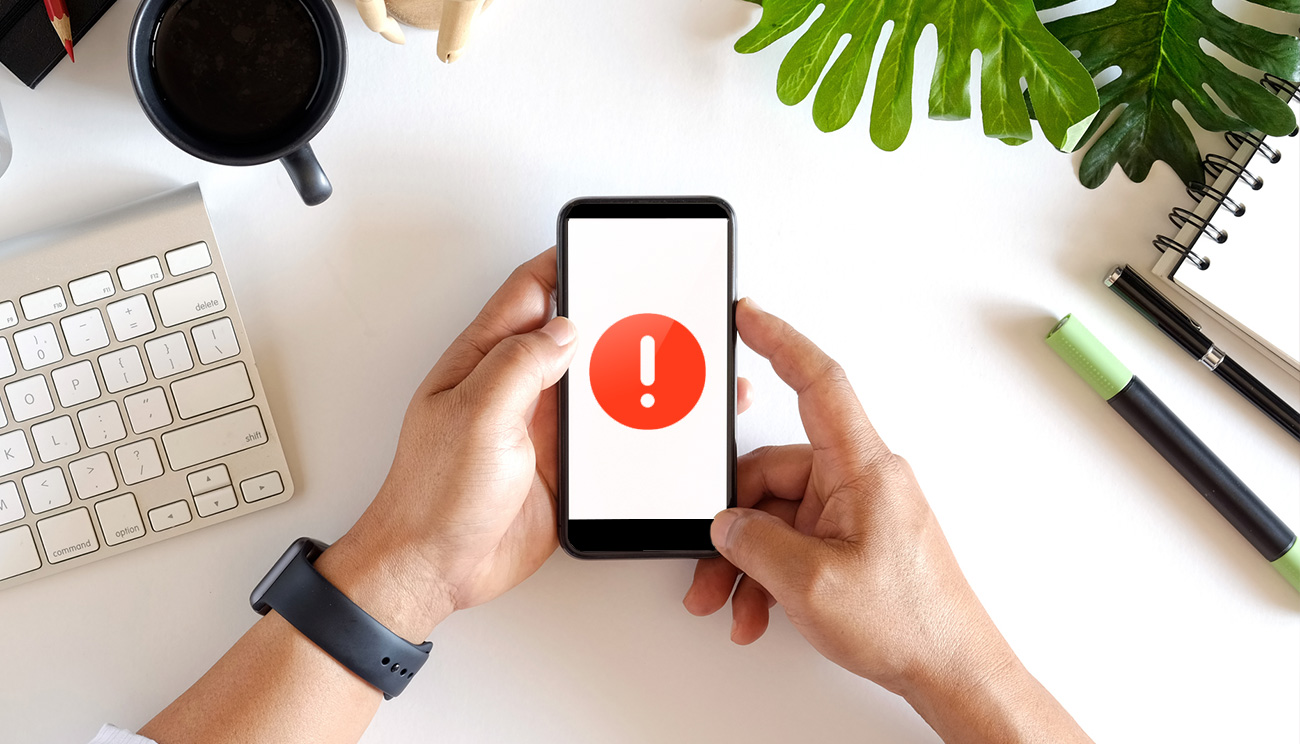Developing a mobile app is one of the most challenging yet exhilarating tasks a dev can tackle. It’s especially exciting if you’re an indie dev and the mobile app is your side hustle. When it comes to the technical side of things of developing an app, you may be confident in your abilities, but today’s most successful apps had entire teams working on them from the onset – from UX experts to copywriters and marketing gurus. While you may not have endless resources to pour into developing an app, think about asking people for advice, connecting over coffee and picking the brains of people who could add value to the process. Here’s what we learnt when we drew insights from devs who have taken the plunge – 4 of the most prevalent mistakes to avoid when developing an app.
-
Developing for too many platforms
According to Matt Garrett, a number of developers have fallen prey to the same tendency – totally overestimating the resources it takes to develop for multiple platforms. You may believe your idea is the next big thing, and it may just be, but developing an app for multiple platforms at the same time has its pitfalls. You’ll need what most indie devs don’t have in the beginning – time and money. The minute you launch on a range of platforms, you’ll likely find yourself putting out fires and fixing platform-related bugs like a crazy scientist. And you may not have the resources to keep up with the pace of the iterations you’ll need to make to retain users.
Our advice? Start with one of the big platforms like Google Play and The App Store, based on your target audience research and take it from there. When resources aren’t infinite, the “slow and steady wins the race” axiom applies.
-
Not investing in pre-launch marketing
As Darshan Patel explains, pre-launch marketing is often an area that is neglected, simply because during the development phase of an app, getting everything to work is the main priority. But investing in a pre-launch strategy can quite literally be a make-or-break factor.
There are simple but effective ways to create a hype around the launch of your app and to onboard users before the app even exists. Build a website and post regular blogs about the design and development process, build a social media following by offering the app at a discounted rate to the first 100 users, use influencer marketing to get the right people saying the right things about your app. Another great idea is to make a beta phase of your app exclusively available to a select group of people before it launches, thus creating a team of brand ambassadors. It’s a huge time investment and possibly a substantial financial one too, but it’s well worth it.
-
Focusing on downloads rather than retention
A study by Quettra has revealed that 77% of daily mobile users stop using an app after just three days. That’s a shocking figure. But with the proper planning, your app doesn’t have to become part of that statistic. Essentially users hear about an app, download it, spend seconds (literally) testing its functionality and if it doesn’t make a lasting impression, they delete it. The success or failure of your app can be determined in seconds. As a dev, you should be focusing less on the glamour of getting thousands of downloads in a day and more on retaining thousands of customers per month. This is where smart UX design comes in. Make sure the user journey is intuitive, engaging and entertaining. Get the formula correct and you’ll build a loyal user base rather than a fleeting one.
-
Not developing a solid monetization strategy
Matt Garrett raises another important point, which is that the monetization strategy of your app is just as important (if not more so) as its functionality. In a nutshell, your monetization strategy is based around how your app will make money in the short-term and later, in the long-term. Some monetization avenues include in-app purchases, advertising and subscriptions.
If you’re a dev who’s braving the world of app design alone, it’s important to supplement your knowledge with the expertise of others. In other words, don’t rely on what you know – ask questions, build a support network and draw on their insights. The reality is that most devs are technical geniuses but that does not always mean that their entrepreneurial skills are on point. A good place to start before you even begin developing your app, is to run it by a few business people you trust. Let them scrutinise the money-making ability of your idea and tackle it from all angles. Be preemptive about possible challenges so that you can ensure that you maximise your return on investment.
As a dev in the process of developing an app, building a support network around you that will serve to inform, encourage and inspire you, is one of the most effective tools you’ll ever have. And if you have a mentor in that support network, even better. Ask questions, empower yourself with the right information – in the long run it will help you to avoid some of the common pitfalls.
Interested in turning your idea into a workable app? Try a free trial of our mobile development bootcamp – we’d love the opportunity to be a part of your next big step.


